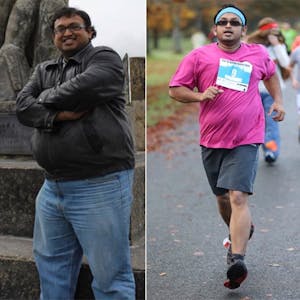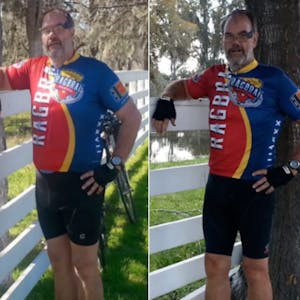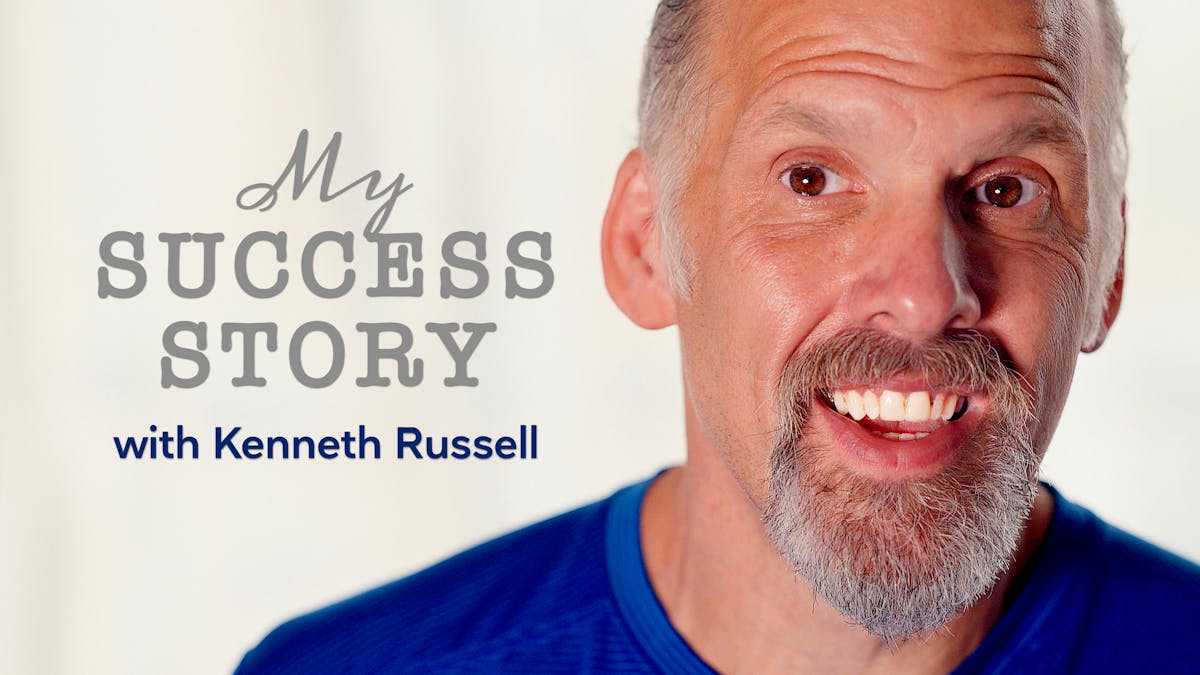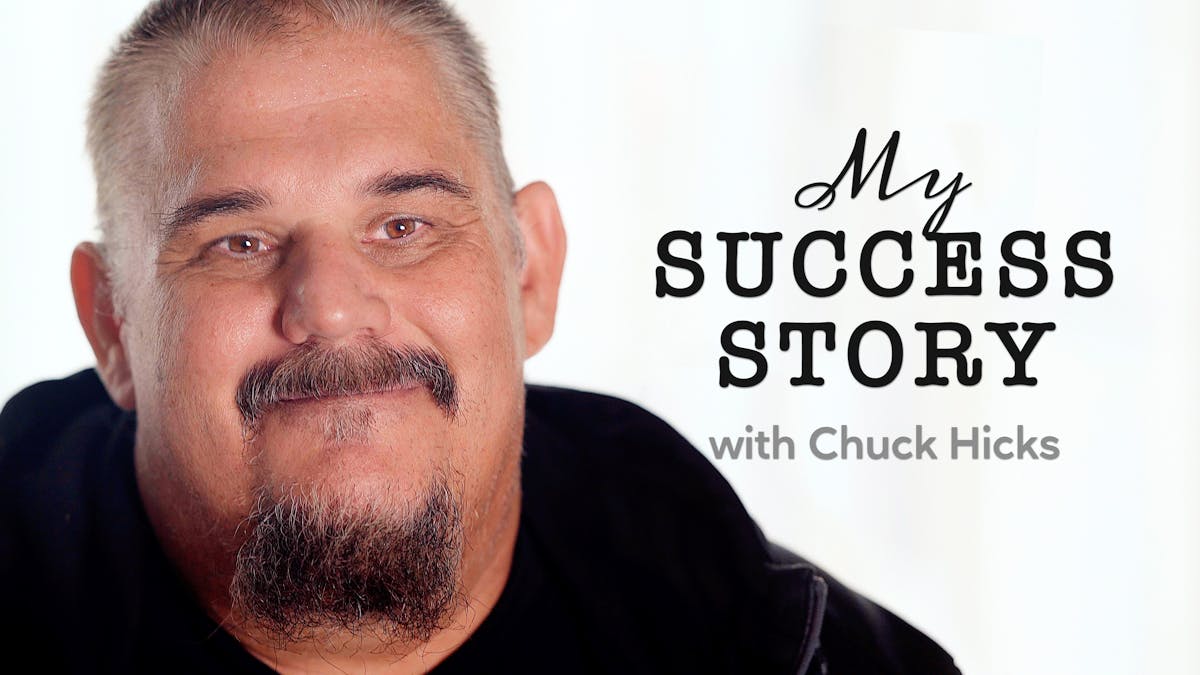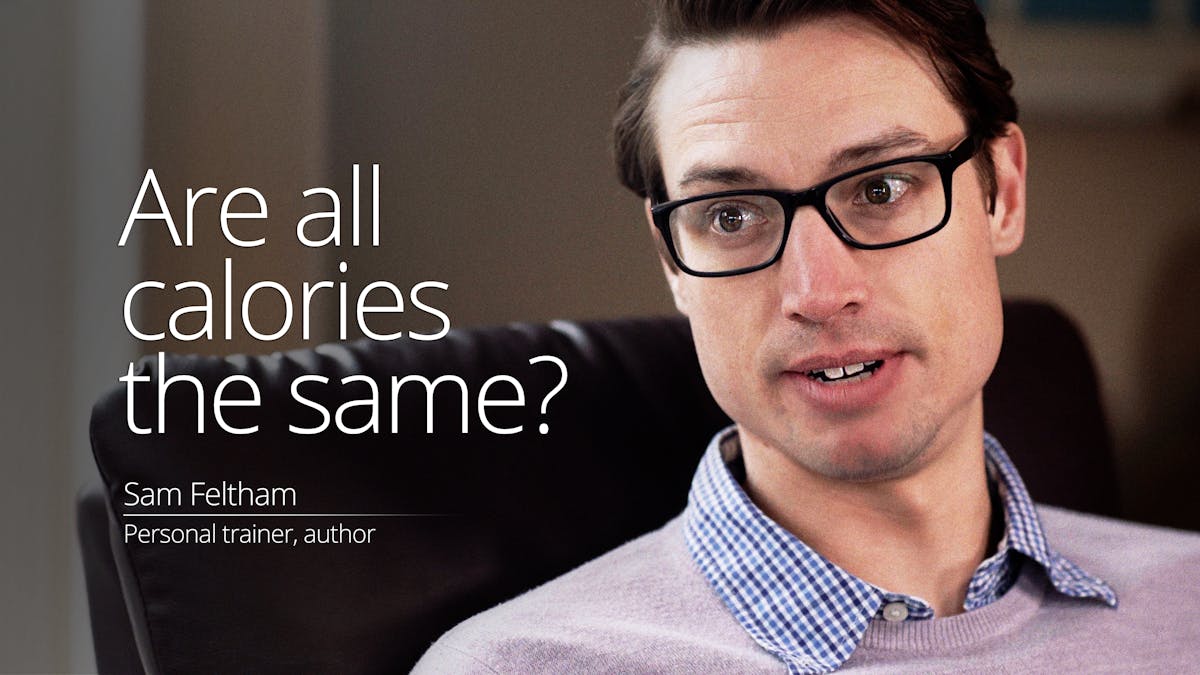“With our story, we hope to inspire people to take the first step and try it”
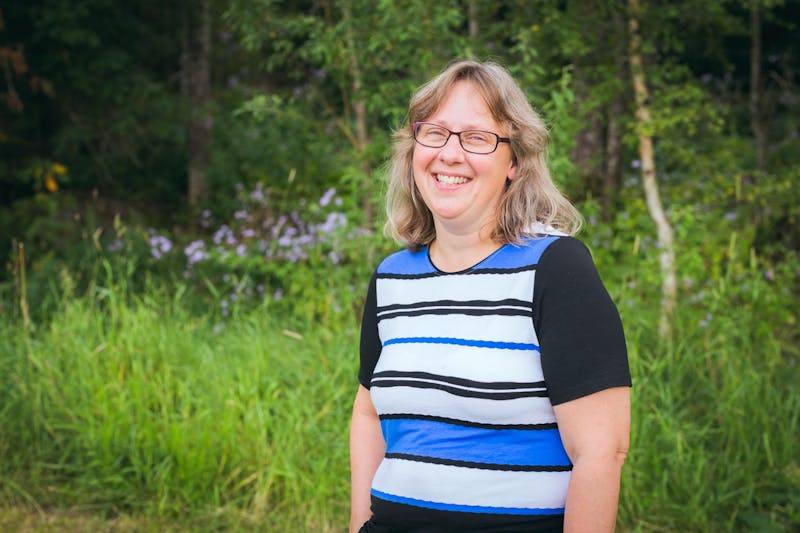
Photo: Ylva-Li Niggemann
This is an amazing story about mental health and how a low-carb diet can have a positive impact in unexpected ways, way beyond weight loss.
Åsa’s family suffered from problems of depression, anxiety, ADD and autism. After getting her family started on low-carb, things started to change:
The email
Hello Andreas!
For a long time I’ve been thinking that it is about time for us to share our story. A couple of months ago, Birgitta Höglund asked me to write down our story so that she could share it on her Facebook page and on her blog. There were many people who found it interesting so now I want to share it with you too so that more people can read it.
Both my children and I think that it is important to talk about what a big impact diet can have on mental health and that’s why I want to tell our story. It is not a story about being overweight or having diabetes. It is a story about mental health, anxiety, depression, ADD and autism.
My husband and I have five children, four boys born in 91, 93, 00 and 02, and a girl born in 95. All of them, except for the boy born in 93, have been diagnosed with neuropsychiatric conditions. The boy born in 00 got his ADD-diagnosis when he was about 11 years old, the boy born in 91 was diagnosed with ADD a couple of years ago, when he was already an adult. He also suffered from depression. Two years ago, our youngest son was diagnosed with atypical autism and selective mutism, which the boy born in 00 got too when he underwent another assessment.
It has been a battle to get our everyday lives and school to work, that has lasted for many years. There have been ups and downs throughout the years. Periods of relative calm, and periods when we’ve been close to drowning.
In the spring of 2014, all of us hit rock bottom. Our daughter has suffered from severe anxiety throughout her life, which also caused physical symptoms such as breathing difficulties. She struggled to even get through school, and barely passed. She was in a class for children with Asperger’s. It worked better than a regular class, which didn’t work at all, but it was still a struggle every single day. In retrospect, she is disappointed that none of all these specialized teachers, psychologists and doctors could see that she, in addition to Aspergers and ADD, also suffered from major depression, anxiety and had many phobias, for example social phobia. In the spring of 2014, she was on the verge of crashing completely. She had just started to suffer panic attacks, and we fought a lot. I felt powerless, didn’t know how to solve her difficulties. What could I demand from her? What could I do to help her? My tiredness and powerlessness made me act like an idiot and I said things I definitely shouldn’t have said.
She tried to attend high school, but it didn’t work out at all so she dropped out after a couple of weeks, despite the fact that this was a school for people with Asperger’s. She simply couldn’t handle it anymore, she was dead tired after having struggled for nine years, she stayed home and never left the house. She met nobody else other than family and close relatives, except for a contact person that was invaluable. She felt so miserable now that she barely had the energy to do things that interested her and she wanted to do.
Our oldest son had suffered from nagging anxiety throughout his life, an anxiety that developed into a severe depression. He made it through junior high and high school and adult education but it was very tough. In the spring of 2014 he started his second year of adult education. At first it seemed as though it would be the thing that would turn his life in the right direction, as he started feeling better. But he was so fragile and sensitive that the slightest setback became the end of the world. And this spring he felt worse than ever, he didn’t have the energy to attend class, he just stayed in bed and didn’t get up. On a couple of occasions he intentionally harmed himself. He could only see a future of constantly feeling miserable, always struggling and fighting his demons. He felt that he couldn’t live that way.
The boy born in 00 was diagnosed with ADD when he was 11, and at this time he was at home instead of going to school, a decision which we took together with school staff and the principal. Until they were able to solve the situation I taught him from home. I received assignments every week from school. I thought I would manage it. But right before Christmas I was forced to increase my workload from working half time to full time. Of course that didn’t last.
At the same time, school got tougher and tougher for the youngest boy. The school wanted him too to undergo an assessment. And despite the fact that we at the time had been through so many assessments that it almost became a routine, it left us immensely tired. In additon, the school the son born in 00 went to, wanted to assess him too, as they suspected that he suffered from autism. So two assessments on top of everything else. Both boys were diagnosed with atypical autism and selective mutism.
I felt like I almost had nothing left to give. I felt totally powerless. I no longer knew what I could do to help my children feel better. I was about to crash completely. I had no energy for anything. I used to work in my garden a lot, which is something that has recharged me mentally, but now I didn’t have any energy to keep it up so I stopped. The flowerbeds and the vegetable garden grew wild.
But the spring of 2014 also became the point where things took a turn for the better. It started with a health check up that all employees at my job underwent, in addition to a couple of consultations with a health coach. I came to talk about it with a couple of the guys in my department. I said that I needed to lose at least 10 kg (22 lbs) but that I didn’t have enough energy to care. I had been a member of Weight Watchers, which the work place sponsored, and we were even able to go during working hours, and I almost reached my goal weight. Then suddenly I no longer felt like counting, weighing and writing everything down, and being hungry. A year later, I weighed the same as before. But now the guys told me to try LCHF. No, absolutely not! I said.I had heard about the dangerous diet, where you were supposed to force feed yourself with fat and where you couldn’t eat veggies. No sane person could believe in that concept? But they continued talking about LCHF, and I countered with all the usual arguments: too much fat is dangerous, especially saturated, the brain needs carbs, and so forth. But they were able to counter all my arguments with explanations. They had the answer to all my claims, which more and more, reluctantly, turned into curious questions. Finally, I borrowed the Andreas’ book The Food Revolution, read it during breaks, and then I had forgotten that it was my overweight that this whole thing was about from the beginning (the guys knew about my children’s issues and it was probably the reason why they wanted to get me into LCHF).
That summer, we talked a lot about diet and health at home at the dinner table. The children were skeptical to begin with, but soon became curious, except for the son born in 00 who had started straight away. My daughter, who is very interested in wild animals and their anatomy and who knew quite a lot about the diet of different animals, started seeing the logic behind the whole thing. That summer we tried a little bit, it didn’t turn out completely right and we cheated quite a lot, but after the summer was over, we decided to get going for real this time. We saw many presentations and interviews at Dietdoctor.com. Instead of looking at some movie, or entertainment show, we listened to stories about overweight and diabetes. We learned about the true cause of heart disease, what sugar does in the body and that saturated fat is healthy. Our kids soon knew more about cholesterol than what most doctors do.
We started to notice a difference already after a couple of months. Especially the son born in 91 and our daughter. The anxiety that had always been prevalent disappeared, and the depression too. They started to become happy, energetic and positive towards a future they didn’t have before. They started wanting and doing fun things, they had the energy to get new routines.My daughter’s journey hasn’t been easy, though. She was early on convinced that this was right, and she noticed a big difference at different times, but initially she felt very, very poorly. She used to survive on pasta, sandwiches, pancakes and pan pizza, and now there was “nothing” left that she could eat anymore. She had always had big problems with eating, especially with certain consistencies, and there have always been very few things that she has been able to eat. I needed to cook special food for her. She believed in LCHF and wanted to eat that way, but it required many long conversations, trying to find alternatives that would work.
In the beginning, it was very hard to find something that made her truly satisfied and she ate too little food, and was enormously tired. She wasn’t able to eat a lot at a time, and not so much of the same thing, so we had to find easier snacks. In the beginning she needed to eat often. The egg milk became the savior. She has never been able to eat vegetables, but now she dared to try green cabbage, it went well, and pretty soon she started to feel that it was tasty, very tasty in fact. She still doesn’t eat any other vegetable than green cabbage, but she wants to learn to.
Pizza was one of her favorite dishes, one of the few things that she liked, so it was a little hard for her not being able to eat it. But then we tried Birgitta’s pizza crust with halloumi cheese, and it was a big hit. She was so happy that she could make a pizza, that she even found was tastier than the original. Now we have started to find good food that works for her and she starts to like more and more types of food. Suddenly, just like with our oldest son, she has started feeling as though food is something good and positive, it’s a friend and not something to be anxious about.
Today we feel great, but we’re constantly working on improving our health. The kids’ anxieties and depressions are almost completely gone, but might creep back if we eat the wrong things, for instance sugar, that’s when the anxiety comes back. But now they know why it happens and it is easier to handle, and they know that they’ll feel well again if they eat right. We are continuously learning what works and what doesn’t. Nobody feels good when eating sweeteners, we’d rather sweeten with a little bit of honey, some fruit or something more natural, but not that often. We don’t feel good if we eat too much cream, especially as the main ingredient in a dish like berries with cream, we cannot eat this very often. Too much almond flour make us feel worse too. We’re also supplementing with vitamin D and omega-3, even though we’ve been kind of sloppy about it lately. My daughter and I are trying to be dairy-free as my daughter feels poorly when she eats dairy. I also feel that I’m a lot better off without it.My daughter has started to implement very good habits in her everyday life, she’s still at home but she works hard on her cartoon novels which she is drawing and writing on her computer. She has started to become more organized, clean up and she takes care of her little poodle Nala. The son born in 91 who previously didn’t help much with chores is now taking on great responsibilities at home. He helps his sister get out to exercise her dog, helps cooking food when I’m not at home, helps me a lot with all the hens and rabbits. All of them are starting to get interested in exercising, something that was out of the picture before.
But how did we eat before then? Actually not that poorly. At least not if you consider what we thought was healthy. I’ve always enjoyed cooking, and trying new dishes. Sure, sometimes I used ready-made food as it was easy and quick to make, but I mostly cooked on my own. Yes, we used margarine, mostly because it was cheap, butter was regarded as a treat that you could buy only on occasion. Low-fat cream, yes, but only because it would last longer in the fridge, which was a great benefit as I used to do grocery shopping in bulk once a week or so. Except for the period when I was a member of Weight Watchers, I never really thought that real butter or cream would be dangerous, but I was fooled to think that we ate way too much of it in relation to how much we exercised. Candy on Saturdays, popcorn on Fridays. Chips and soda very seldom, not even once a month. Our typical breakfast wasn’t great, especially not for the children, but we ate what most people ate, yogurt (not low-fat yogurt, I didn’t even touch that when I was a member of Weight Watchers. Yogurt is supposed to be thick, creamy and sour, otherwise it is disgusting!), or strawberry-flavored yogurt with cereal. I tried avoiding the sweetest cereals, but when I read the package and realized the difference in sugar content in the chocolate cereal and the “healthy” cereal wasn’t that big, it was hard to get enough motivation not to let them have it. So we had a pretty normal diet, and I think, better than most people.
None of us has suffered particularly from sugar addiction and that is probably one reason why it has been relatively easy to transform our diet. This, and knowledge! I’ve read and read, and become a nerd (yes, I’m probably on the spectrum too…) and learned so much about diet and health that I’m convinced that this is 100% right. The fact that it was easy for me to get my children on board was probably because they were already at the bottom and were willing to try anything.
With our story, we hope to inspire people to take the first step and try it.
Kind regards,
Åsa Österlund and family
Comments
What an amazing story! Thank you for sharing, Åsa.
Are you ready?
More success stories
Support
We want to help millions of people to massively improve their health like Åsa. Do you want to support Diet Doctor and get access to bonus material? Check out our membership.
Videos
- MEMBERS ONLY
![Why a low-carb diet and other questions]()
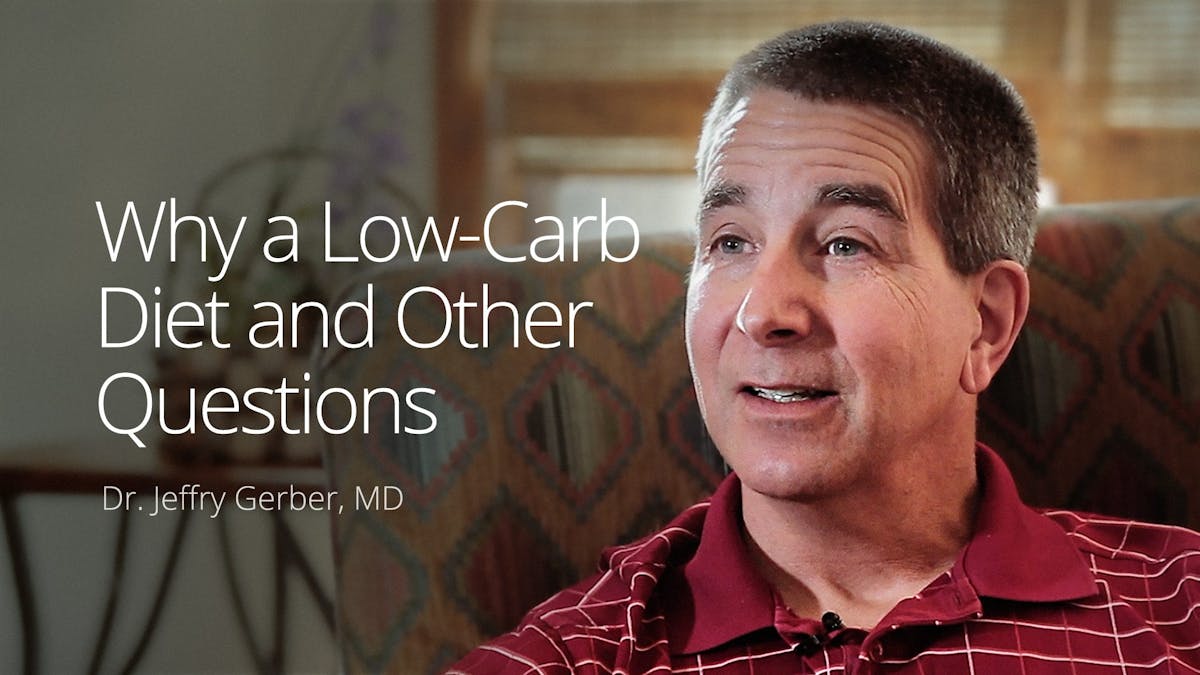
Share your story
Do you have a success story you want to share? Send your information, plus before and after photos, to success@dietdoctor.com. It would also be greatly appreciated if you shared what you eat in a typical day, whether you fast etc. More information:
Share your story!

